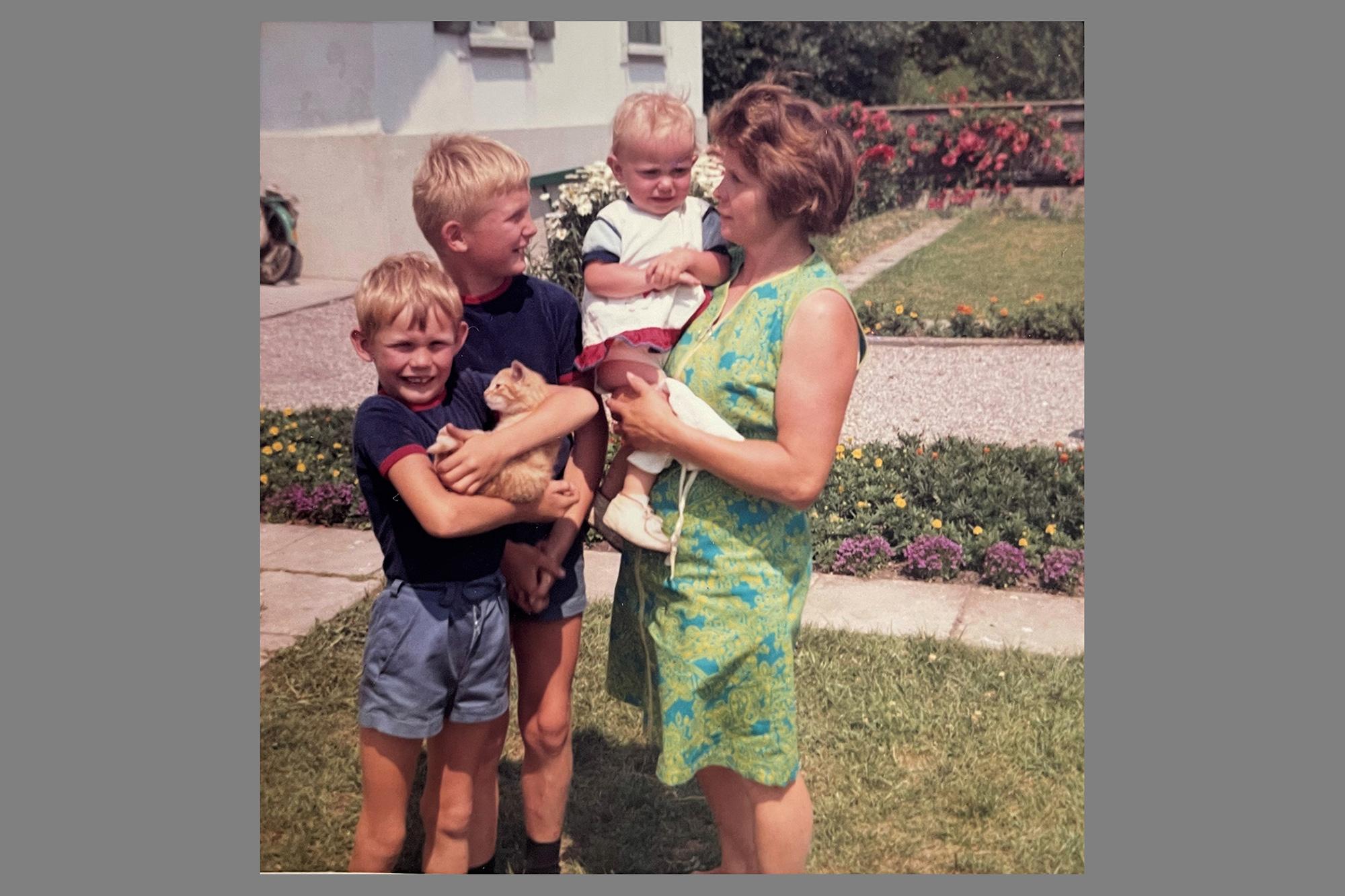“Good family” project focusing on schools, welfare and social education completed

However well intentioned, placing children in care to protect them from neglect or precarious circumstances had far-reaching negative consequences for the children in question since they were deprived of their right to their families.
The research team from Pädagogische Hochschule Bern investigated how children were placed in foster care or children’s homes in the cantons of Bern and Ticino between 1950 and 1980. What reasons and conditions prompted welfare agencies and schools to intervene in families? They found that a large number of players, including teachers and welfare staff, were involved in placement processes, and there was often no oversight. Official processes were not evaluated and their impact was not reviewed.
The official decisions reveal patterns that point to abasement and discreditation. When classifying families as “unsuitable” or “dire” environments or parents as “unfit”, the authorities were guided by their conception of what constitutes a “good family”. Single mothers were the most frequent recipients of disparaging assessments by the authorities.
Children’s needs were not recognised; they were not consulted, often not informed that they were to be placed in care and no provision was made for them to take part in the decision-making process. In short, their rights were not respected. Sometimes, children’s behaviour – maladjusted, disruptive (at school), conspicuous behaviour – was directly attributed to their “unsuitable”, non-conventional family environment. Schools also had a significant role in placing children in care in the past. Teachers were often the first to bring “non-conventional” children and young people to official attention.
The ethnographic documentary “Und dann wurden wir weggenommen” shot as part of the project reappraises the situation with contributions from people affected and helps to convey their perspectives and recollections.
